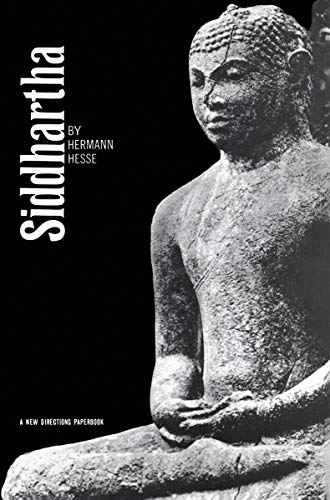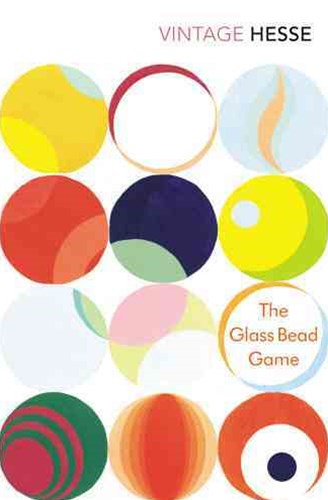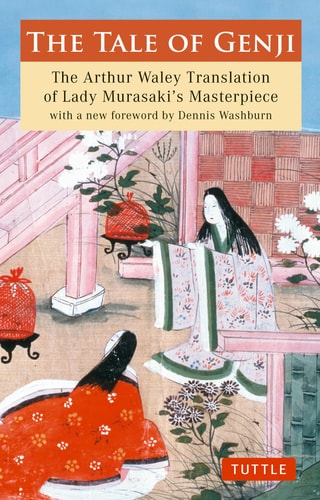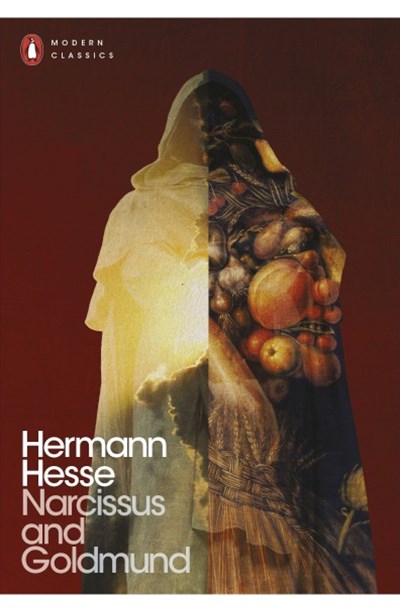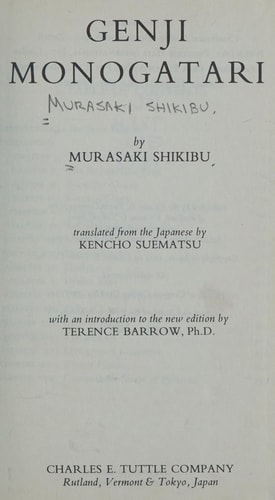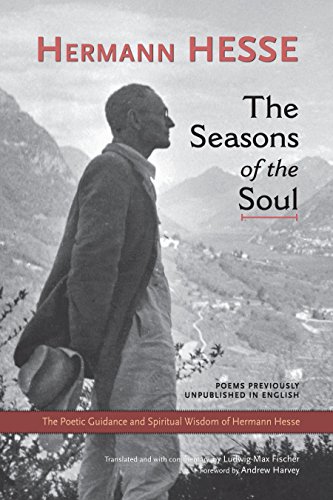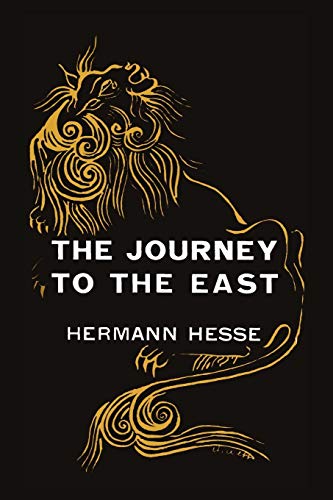iliyasp
Hermann Hesse’s "Siddhartha" is a profound exploration of self-discovery, spiritual awakening, and the quest for inner peace, beautifully woven through the journey of its titular character.
09.12.2024
Star : 4.0esracann.
Efsanevi Buda'yla tanıştığım, ilgi çekici ve merak uyandırıcı bir kitaptı. Budizm felsefesini tanımak isteyen herkes okumalı bence.
17.05.2023
Star : 5.0BooksLover
This is a book that should not be missed by those who love such mystical stories. Written in an informative and fluent language
10.05.2023
Star : 5.0Işık Yıldız
Budizm felsefesinin ustalıkla ele alındığı bir eser. Nirvanaya ulaşmanın yollarını çok akıcı ve etkileyici bir şekilde anlatmış Hesse. Tavsiye ederim kesinlikle.
08.05.2023
Star : 5.0farslan
Long time ago I read this book and I want to read again
15.04.2023
Star : 5.0Tevfik Cem Baykara
"Sevgi, dostum Govinda, sevgidir her şeyin başı gibi görünüyor bana. Dünyanın içyüzünü görmek, onu açıklamak, onu aşağılamak büyük düşünürlerin işidir belki. Ama benim için önemli olan tek şey, dünyayı sevebilmektir, onu aşağılamamak, ona ve kendime hınç ve nefret beslememek, ona, kendime ve bütün varlıklara sevgiyle, hayranlıkla ve huşuyla bakabilmektir." H.Hesse
05.04.2023
Star : 5.0Tevfik Cem Baykara
"Ben konuşmalarında değil, düşüncelerinde değil, yalnız eylemlerinde ve yaşamında görürüm onun büyüklüğünü." ... "Siddhartha bir andan sonra yazgıyla savaşı bıraktı., çektiği acılar son buldu. Yüzünde bilmenin neşesi çiçeklendi, hiçbir istemin karşı duramadığı, mükemmelliği tanıyan, oluşumların ırmağına, yaşamın seline "evet" diyen bir bilmenin neşesi. Acıları ve sevinçleri paylaşmaya hazır, kendini tümüyle ırmağın akışına bırakmış, birlik ve bütünlüğün bir parçası olmuştu Siddhartha." H.H.
01.04.2023
Star : 5.0


